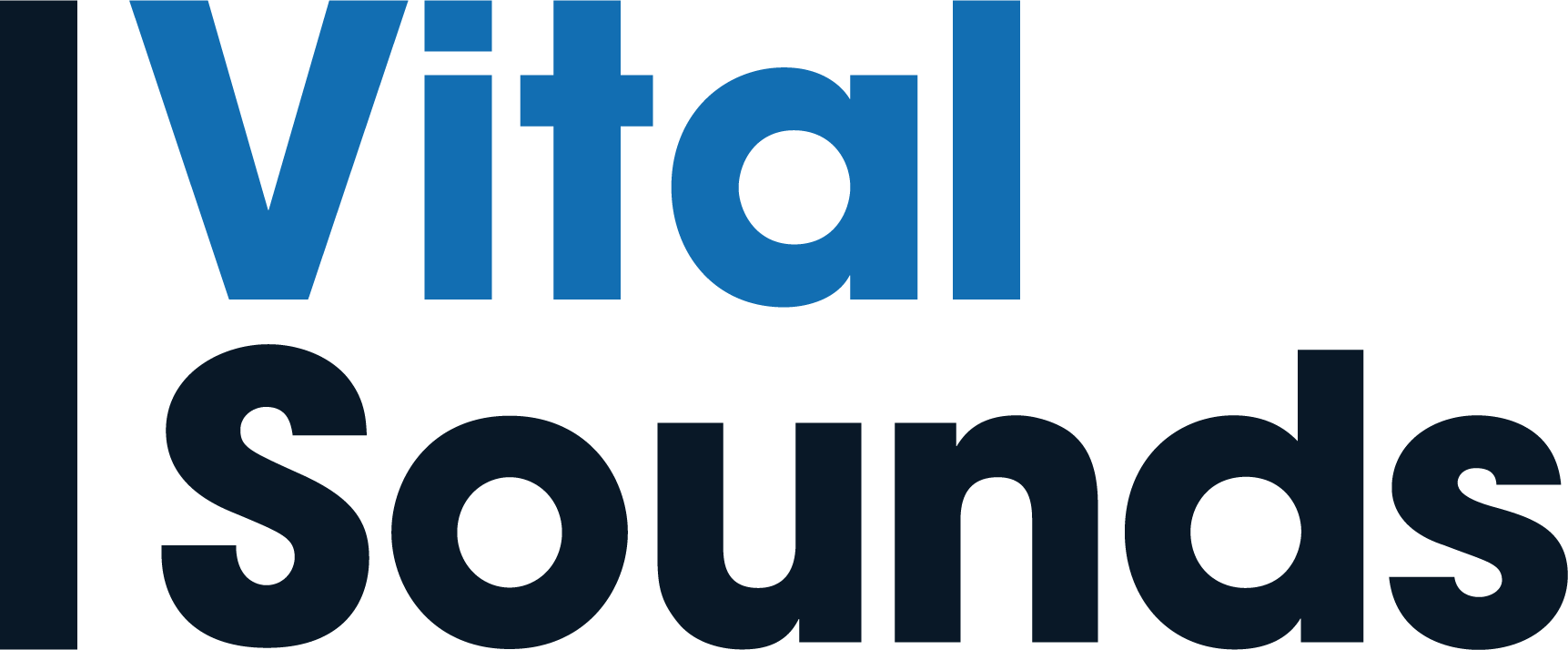Ideas on Prioritizing Self-Care and Sustaining Well-Being during a Pandemic
Yolanda Sims, JD, MHA
KAMMCO, Loss Prevention & Risk Management Advisor
ysims@kammco.com
Self-care is the practice of taking an active role in protecting one’s own well-being and happiness—particularly during periods of stress. As healthcare providers, remind yourselves that through it all, your work has tremendous meaning and makes a difference in the lives of many. It is important to be intentional about your well-being and make conscious choices. Here are a few recommendations to help you improve your wellness status during the pandemic:
Acknowledge Your Emotions
The potential long-haul psychological effects of providing care during this pandemic have yet to be revealed. Unexamined emotions can lead to distraction, inattention, irritability, emotional exhaustion and burnout. In turn, these factors can contribute to a decline in the quality of care delivered to patients, an increase in medical errors and, ultimately, poorer health outcomes. Neuroscience studies have shown meditation can help us regulate our emotions so we can better focus our attention on other people and act in more altruistic ways towards them. By practicing mindfulness strategies like meditation and deep breathing exercises, you can help your mind and body. Headspace is an American Medical Association preferred provider of meditation and mindfulness. The company is offering any US-based healthcare professional with a National Provider Identifier (NPI) a free subscription to the Headspace Plus app through December 31, 2020.
Share What You Feel
Healthcare providers are experiencing unprecedented amounts of stress, and – at times – they may need to share their feelings. Find a person or support group that allows you to share your thoughts and feelings without judgment. The Physician Support Line is a national, free and confidential support line with over 700 + volunteer psychiatrists. The support line provides assistance to physician callers and non-physician callers, such as first responders, and is available seven days a week from 8 a.m. to 12 a.m. Eastern Standard Time. The overall mission of the program is to provide a safe space for healthcare workers whose mental health has been impacted by COVID-19 and other immediate life stressors.
Self-Care is not Selfish
Taking care of yourself and encouraging others to practice self-care sustains the ability to care for those in need. As the airline industry reminds us: in the event of an emergency, put on your own oxygen mask before you help others. Reserve space for yourself to live in the moment. This means carve out time to exercise, take a nature walk or discover a new hobby. Find joy in the little things. There are bright spots in the world despite the fact we are in a pandemic. Take it one day at a time, grant yourself some grace and stay in the sight of hope.
References
Centers for the Study of Traumatic Stress. Sustaining the Well-Being of Healthcare Personnel During Infectious Disease Outbreaks. Uniformed Services University. Department of Psychiatry. Retrieved July 8, 2020, from www.cstsonline.org
Managing mental health during COVID-19. American Medical Association. (June 5, 2020). Retrieved July 9, 2020, from https://www.ama-assn.org/delivering-care/public-health/managing-mental-health-during-covid-19
Samuel, Sigal. “Our calm is contagious”: How to use mindfulness in a pandemic. (May 21, 2020). Retrieved July 10, 2020, from https://www.vox.com/future-perfect/2020/3/18/21181644/coronavirus-covid-19-mindfulness-meditation-anxiety
